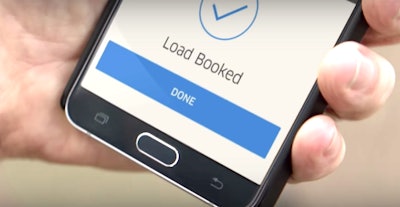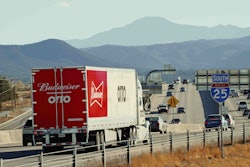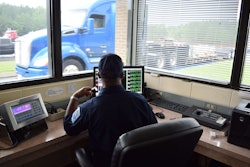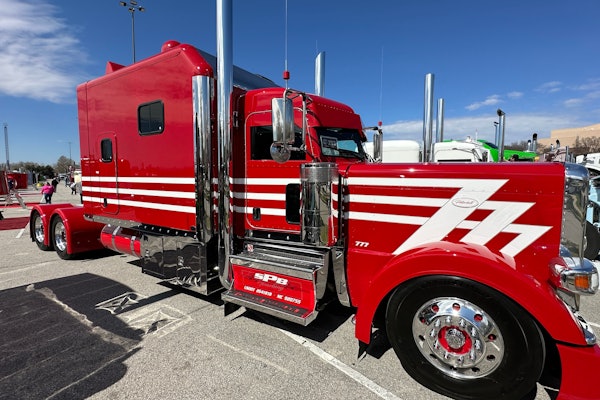Uber’s entry into load-matching as a technology-enabled broker isn’t quite as sexy as autonomous trucks news, but it’s gotten its share of business world interest. Like self-driving trucks, there’s a sense of it being the Next Big Thing in trucking. And not in 10 years, or one year, but tomorrow.
Yes, Uber Freight’s impact on trucking will be virtually immediate, but no, it won’t be nearly as significant as autonomous trucks. And yes, autonomous trucks eventually will have a huge impact on trucking, but no, it will take years, possibly decades, to reach that point.
 Uber believes the parent company’s experience in ride-sharing will give Uber Freight a true edge in load-matching.
Uber believes the parent company’s experience in ride-sharing will give Uber Freight a true edge in load-matching.Some of those reporting on Uber Freight’s announcement, enamored by Uber’s ride-matching achievements, offered little of the context we know well: that load-matching has been evolving for decades. A CNBC report of the Uber Freight announcement, for example, said in its headline that Uber “could disrupt” trucking. The story said absolutely nothing about Uber-like brokerage and freight-marketplace competitors who are using apps and a degree of automation that appears to differ little from what Uber Freight is offering.
So will Uber Freight be noticeably better than load-matchers already offering instant freight to any independent able to tap a smartphone app?
The company says the biggest difference will be quick payment, “within a couple days” or “within 7 days of completing delivery,” depending on which Uber statement you look at. Uber’s also promising some decent accessorials, such as detention at $75 per hour after two hours and $300 per day layover pay.
Another crucial aspect of dealing with brokers is negotiating. It’s missing with Uber Freight, though Senior Product Manager Eric Berdinis told my colleague Todd Dills it might eventually be incorporated. It’s hard to imagine that the vast majority of Uber rates are so high that owner-operators would not want to bargain before accepting the loads, so it will be interesting to see how this plays out.
Berdinis says Uber’s deep expertise with pricing fluctuations in the ride-share market will translate well into pricing freight. Perhaps that experience will indeed give the company an edge that also benefits its owner-operator users, who could use some good news. After all, they’ve had their share of knocks: tightening credit during the recession, skyrocketing prices for new trucks, and an expanding regulatory machine that’s toughest on small operators.
New competition that results in load-matching progress won’t directly solve those problems, but for a change it could be a development that helps the small guys instead of the big fleets. More sophisticated matching, combined with the availability of real-time lane data, gives nimble owner-operators a better chance to customize their business as far as net income and efficient route planning. The technologies are there, and expanding, for those willing to learn to use them.










